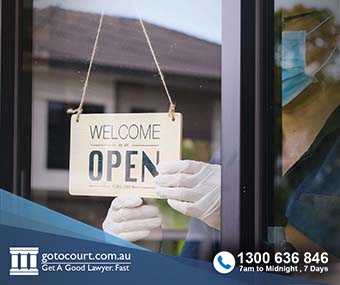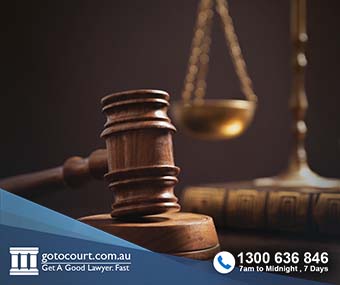Call our lawyers
now
or,
have our lawyers
call you
Justice Responses to Sexual Violence
Justice Responses to Sexual Violence
In February 2025 the Australian Law Reform Commission (ALRC) tabled its report on responses to sexual violence in Australia. This page deals with the terms of reference of the inquiry, some of the common criticisms of how sexual violence is responded to and prosecuted in Australia, and other inquiries that have been conducted recently.
Law Reform Commission inquiry
In 2024, the Australian Law Reform Commission commenced an inquiry into justice responses to sexual violence in Australia in order to establish how the experience of victims and survivors in the justice system can be improved.
The terms of reference for the inquiry were informed by a National Roundtable on Justice Responses to Sexual Violence held in 2023. The Roundtable brought together survivors of sexual violence, representatives from relevant professional sectors, ministers and other experts.
The Terms of Reference for the enquiry included:
- laws and frameworks around evidence, court processes and jury directions
- laws about consent
- training and professional development for judges, police and legal practitioners to enable culturally appropriate and trauma-informed responses to allegations
- support and services for those who have experiences sexual assault at all stages in the reporting and prosecution process
- alternative to criminal prosecutions including restorative justice, compensation schemes and specialist courts.
The ALRC was tasked with considering the impact of these laws and frameworks on cohorts that are disproportionately impacted by sexual violence including women, sex workers, First Nations people and people with disabilities.
The final report was tabled on 22 January 2025 but has not yet been released to the public.
Submissions to the inquiry on sexual violence
Submissions were made to the ALRC by community legal services, police departments, prosecutorial offices, private law firms and community organisations. Some of these submissions have been published and can be viewed on this page of the ALRC site.
Public criticisms of responses to sexual violence
The tabling of the ALRC’s report has also sparked broader discussion of responses to sexual assault and how victim/survivors are treated during the processes of reporting the abuse and giving evidence in court proceedings.
Concerns have been raised about the length of time it takes for forensic samples to be collected from complainants. Victim/complainants report being required to wait for many hours at a hospital in the immediate aftermath of an assault in order for crucial evidence to be preserved. This may occur due to only one staff member being present with the training required to collect the sample. This may mean that a person is unable to undertake self-care at the time where this is most urgently needed.
Professionals who work in the criminal justice system have described the re-traumatisation that complainants experience while reporting and giving evidence about a sexual assault. Some lawyers engaged in this system even go so far as to say that they would not advise a loved one to report a sexual assault due to the harm that doing so is likely to cause and the low probability of a successful prosecution.
NSW review of sexual assault cases
In New South Wales, the Director of Public Prosecutions recently conducted an audit of 327 sexual assault matters that had been listed for trial. The audit came about in response to criticism from senior judges of how sexual assault prosecutions were being conducted, and the suggestion that ‘meritless’ cases were being pursued.
The audit found that in the vast majority of cases, sexual assault matters had been prosecuted in line with NSW Prosecutorial Guidelines, which outline matters such as how the DPP should decide whether to lay charges, when a matter should be resolved and how victims and other witnesses should be dealt with.
Under the Guidelines, the decision to prosecute a matter is made based on a two-stage test. First, the DPP must consider whether there is sufficient evidence that the prosecution has a reasonable prospect of success. Second, it must consider whether the prosecution is in the public interest.
The audit found that the vast majority (97%) of matters met the required standards to prosecute.
Other enquiries
Other enquiries that have been conducted into responses to sexual violence include the Senate Legal and Constitutional Affairs Reference Committee into consent laws and the National Plan to End Gender-Based Violence.
If you require legal advice or representation in any legal matter, please contact Go To Court Lawyers.

Affordable Lawyers
Our Go To Court Lawyers will assist you in all areas of law. We specialise in providing legal advice urgently – at the time when you need it most. If you need a lawyer right now, today, we can help you – no matter where you are in Australia.How It Works






1. You speak directly to a lawyer
When you call the Go To Court Legal Hotline, you will be connected directly to a lawyer, every time.

2. Get your legal situation assessed
We determine the best way forward in your legal matter, free of charge. If you want to go ahead and book a face-to-face appointment, we will connect you with a specialist in your local area.

3. We arrange everything as needed
If you want to go ahead and book a fact-to-face appointment, we will connect you with a specialist in your local area no matter where you are and even at very short notice.











